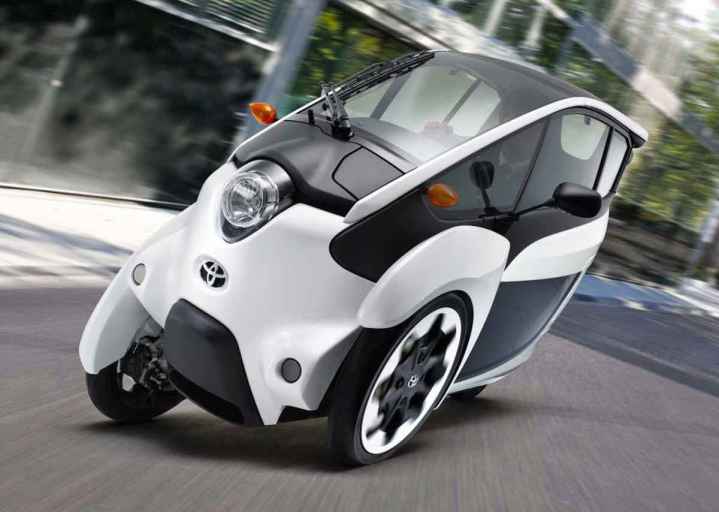
TRI’s CEO Gill Pratt introduced technical and the first TRI research programs at a press conference during the 2016 Consumer Electronics Show (CES). The new efforts will be guided by a board of global corporate, scientific, and public policy leaders.
The Research Institute is funded by an initial five-year, $1 billion investment to enhance the safety of vehicles. Toyota’s goal is to eventually create a car that is “incapable of causing a crash,” increase access to cars for those who cannot drive (including the handicapped and elderly), help translate outdoor mobility technology into products for indoor mobility, and accelerate scientific discovery by applying A.I. and machine learning techniques.
It all sounds very impressive, but more interesting will be seeing how (and how quickly) these concepts will be incorporated into the mass vehicle market.
“While the most important technology for enhancing human mobility has traditionally been hardware, today software and data are increasingly essential,” said Gill Pratt, Toyota’s executive technical adviser and CEO of TRI.
“Our leadership team brings decades of experience in pushing the boundaries of human knowledge in computer science and robotics, but we are only getting started. The scale of Toyota’s commitment reflects our belief in the importance of developing safe and reliable automated mobility systems. Simply put, we believe we can significantly improve the quality of life for all people, regardless of age, with mobility products in all aspects of life.”
Two new facilities, one in Palo Alto and the other in Cambridge, officially open in January. The two offices are located within a 10-minute walk to the Stanford and MIT campuses and will further accelerate TRI’s partnership with both universities (Toyota has already committed $50 million to the two universities to fund A.I. and robotics research projects).


